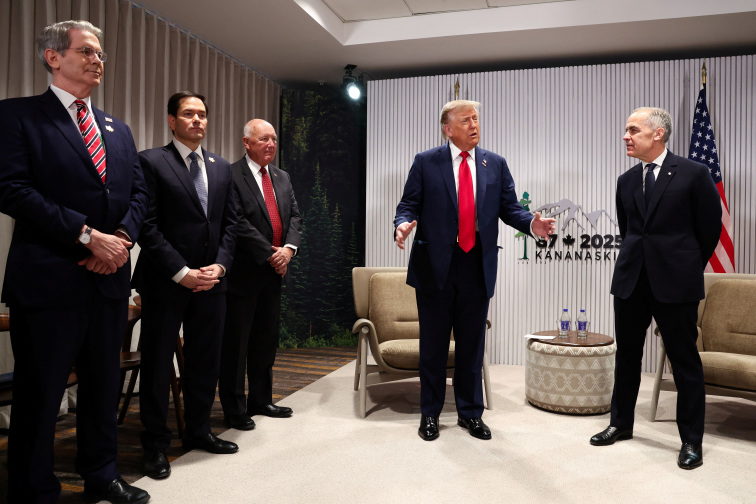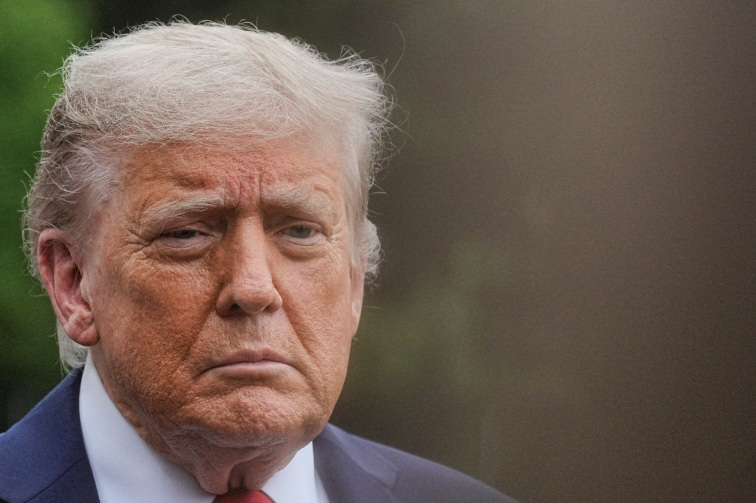WASHINGTON (Reuters) -The U.S. Senate tax committee proposed a full phase-out of solar and wind energy tax credits by 2028, but extended the incentive to 2036 for hydropower, nuclear and geothermal energy, which are favored by President Donald Trump's administration, according to a draft bill circulated on Monday.
The draft released by the committee chair, Republican Senator Mike Crapo, would begin phasing out tax credits enshrined by the Biden-era 2022 Inflation Reduction Act for solar and wind energy in 2026 by reducing the incentive to 60% of the credit's value and ending it by 2028.
It would grant 100% of the credit to hydropower, nuclear and geothermal facilities until 2033, then phase it out to zero by 2036, according to the draft.
The Senate language gives more time for clean energy projects to use the tax credits than the House version, which required that a project must start construction within 60 days of the bill’s enactment, and be placed in service by Dec. 31, 2028 to qualify for the tax credits. This raised concerns by some lawmakers and project proponents who said they would raise electric reliability concerns and jeopardize investments made across the country.
The Senate bill retains some of the restrictions called for in the House bill against the use of tax credits for projects that rely on equipment or critical minerals from foreign adversary nations like China. But under the Senate bill, some publicly traded companies using materials from China would face fewer restrictions.
Clean energy industry groups had opposed those restrictions because they would severely affect projects that rely on China for many parts of the supply chain.
(Reporting by Valerie Volcovici and Nichola Groom; Editing by Leslie Adler and David Gregorio)











News magazine bootstrap themes!
I like this themes, fast loading and look profesional
Thank you Carlos!
You're welcome!
Please support me with give positive rating!
Yes Sure!